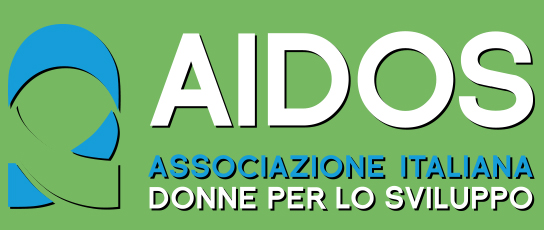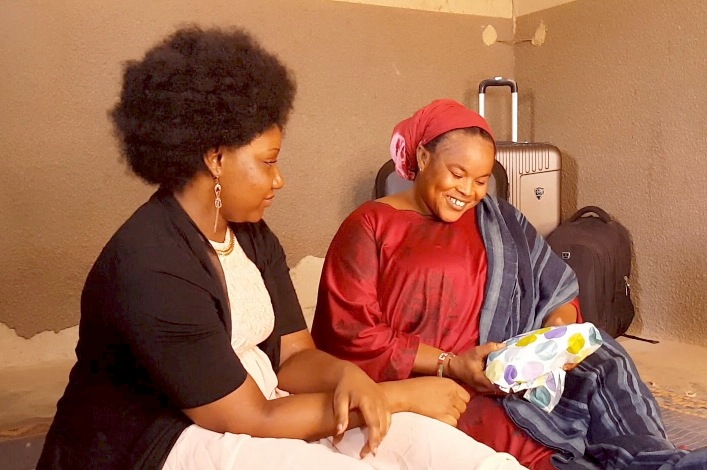2018 – 2020 Sexual and Health Rights/ Capacity building
WHERE
Europe: Italy, Belgium and other European countries.
Africa: Burkina Faso, Egypt, Guinea Conakry, Mali, Mauritania, Senegal and other African countries supported by the UNFPA-UNICEF Joint Programme to Eliminate Female Genital Mutilation.
PARTNERS
European partners: AIDOS (who coordinates the project) and GAMS Belgique will work with African organizations: Actions (Mauritania), Action Solidarité Développement – ASD (Repubblica di Guinea), Association Malienne pour le Suivi et l’Orientation des Pratiques Traditionnelles – AMSOPT (Mali), Jeunesse et Développement – JED (Sénégal), Mwangaza Action (Burkina Faso); public and private social and health structures; the national offices of the countries of the UNFPA-UNICEF Joint Programme to Eliminate FGM will participate in some project activities.
BACKGROUND
FGM is an issue that affects all continents, including Europe. The 2030 Agenda calls on all countries to take measures to end gender-based discrimination and eliminate violence against women and girls, as well as harmful practices such as forced and child marriage and FGMs. While some diaspora communities have quickly abandoned FGM, in others the practice persists, also because it is considered a way to pass on the cultural identity to the next generation.
In some African countries progress has been made in ending this harmful practice, but obstacles remain. In Egypt, for example, the misbelief that the negative consequences of FGM are reduced if the practice is performed by medical personnel has led to a high prevalence of medicalization. In Burkina Faso and Senegal, the “social norms” approach has produced some results, but it isn’t sustainable nor sufficient if gender-based discrimination is also not addressed. Services for women and girls who experienced FGM are available in several European and African countries, but often they are unaware of the existence of these services.
GOALS
General goal
Follow up on the results obtained in Phase I of the project to increase the effectiveness of the measures taken against FGM and to better the living conditions of girls and women in Africa and in Europe. The approach will be based on “building bridges” between civil-society organizations (CSOs), migrant women, professionals (media, health workers/workers of the psychosocial sector, etc.) and activists who deal with FGM in Europe and Africa.
Specific goals:
- Provide a space for discussion for professionals, researchers, members of NGOs, etc., both in Africa and in Europe, to “build bridges” in a perspective of mutual learning and exchange. The “Community of Practice on Female Genital Mutilation – (CoP FGM)” created during the first phase of the project will be strengthened thanks to greater dialogue between its members in Africa and Europe. An international event organized in Paris on November 27th, 2018 on the sidelines of the Donors Working Group on FGM will give visibility to the CoP allowing a dialogue with other stakeholders.
- Intensify the transformation of social and gender norms in communities affected by the practice: training, using of the video “De Retour au pays” produced in Phase I of the project, for the staff of organizations from the countries where the project takes place; production of a discussion guide for awareness-raising activities through the video in Africa and Europe; awareness-raising activities in Burkina Faso, Guinea Conakry, Mali, Mauritania and Senegal; production of a report on the activities carried. Four animated videos ( Video 1. Dynamics of a Social Norm: Female Genital Mutilation Video 2. From Gender Inequality to Shared Positive Social Norms Video 3. Legislation as a tool for behavioral and social change Video 4. Collective Consensus and Harmful Norms Shift: Transformative Elements for Change (May 2021), subtitled in different languages, were created in support of the forthcoming UNFPA-UNICEF Handbook on Social Norms and Change. Videos are also an autonomous and effective training and awareness tool for those who want to learn more or expand and diversify their training activity.
- Help to modify the language used and the narrative told on FGMs in Egypt in order to be able to tell positive stories about the changes that are taking place. A training workshop will be organized for 15 media professionals (journalists, communication workers, radio/tv/cinema/theater screenwriters and directors, bloggers, etc.) on how to talk about the topic with respect towards the affected communities. The participants will engage in the creation of a screenplay that will be the basis of an awareness-raising video.
AIDOS ACTIVITIES
AIDOS will be responsible for the general coordination of the project, the training and the awareness-raising activities foreseen by the goals n. 2 and 3. The activities foreseen in goal n.1 will be led by GAMS Belgique with the contribution of AIDOS.
DURATION
March 2019 – December 2020
COST OF THE PROJECT
US$ 589.968
WHO IS FINANCING THE PROJECT
UNFPA-UNICEF Joint Programme to Eliminate Female Genital Mutilation.

